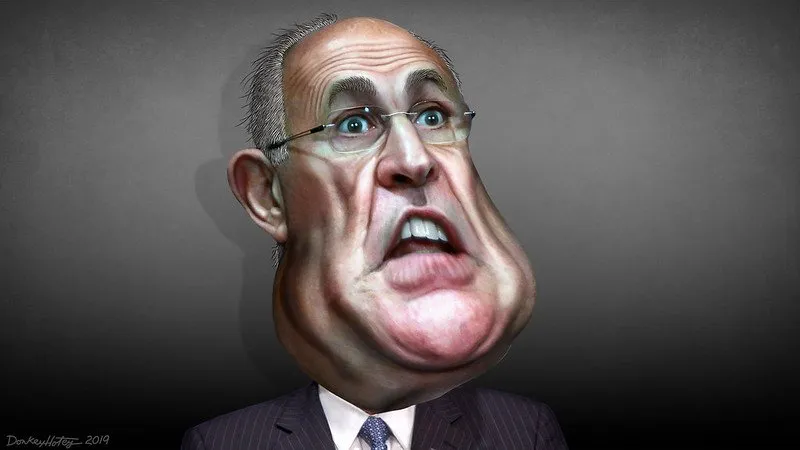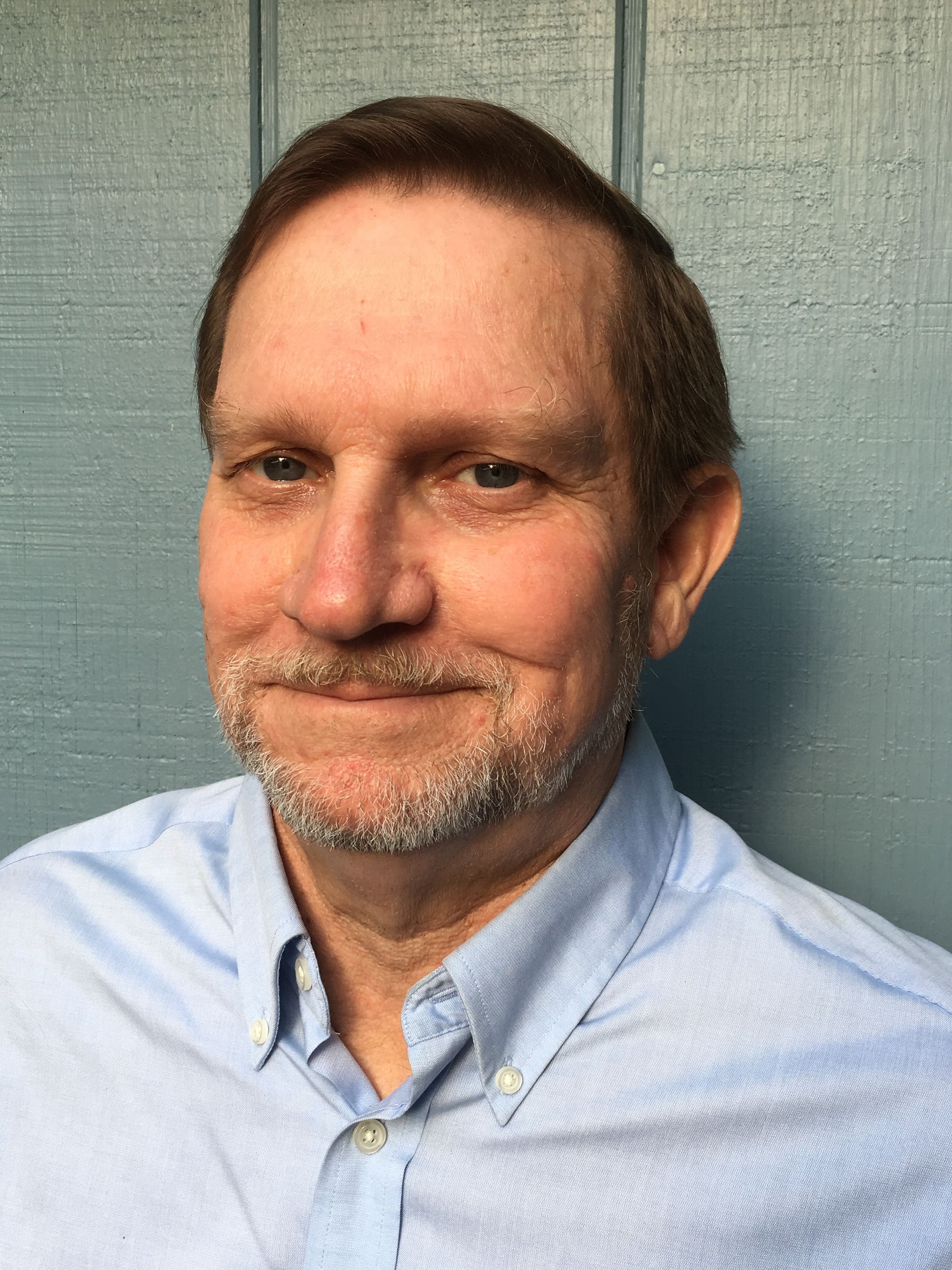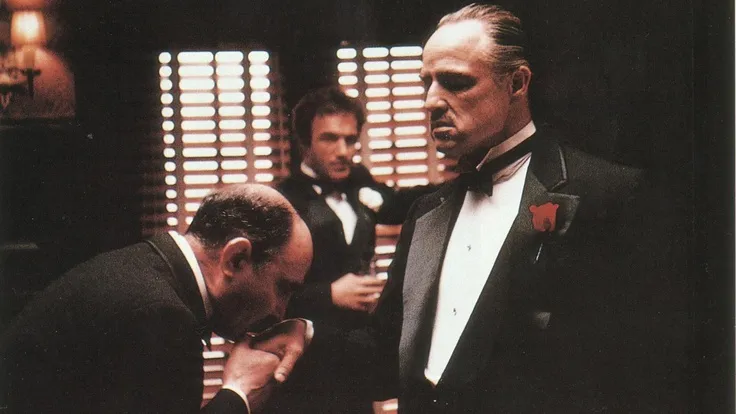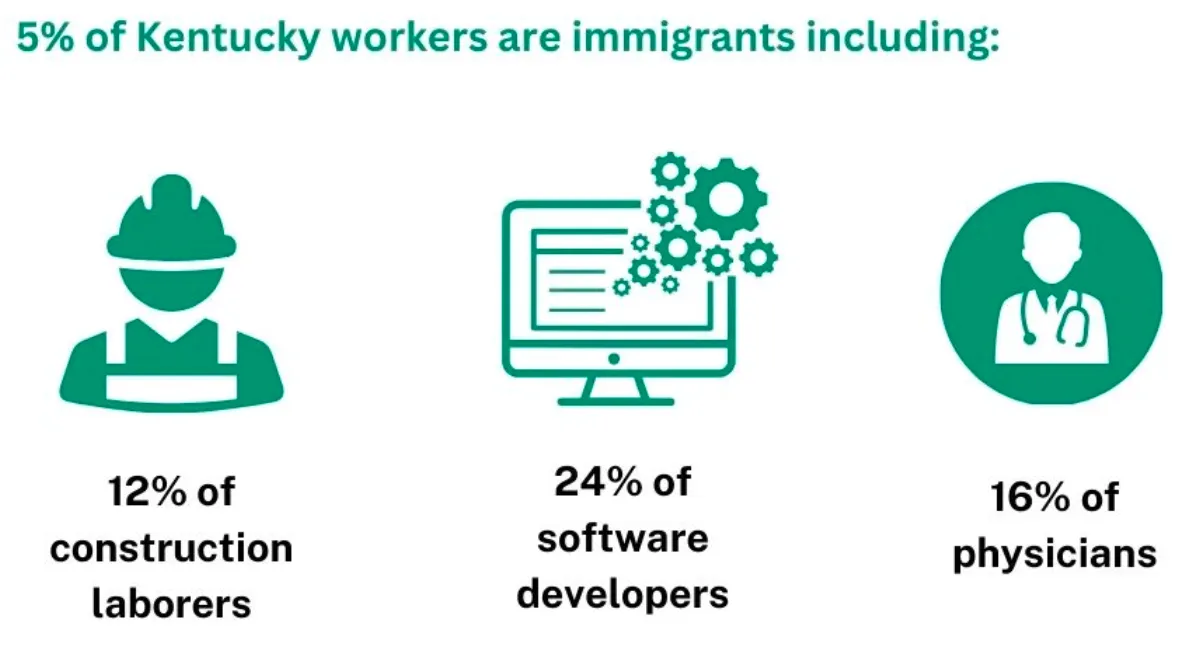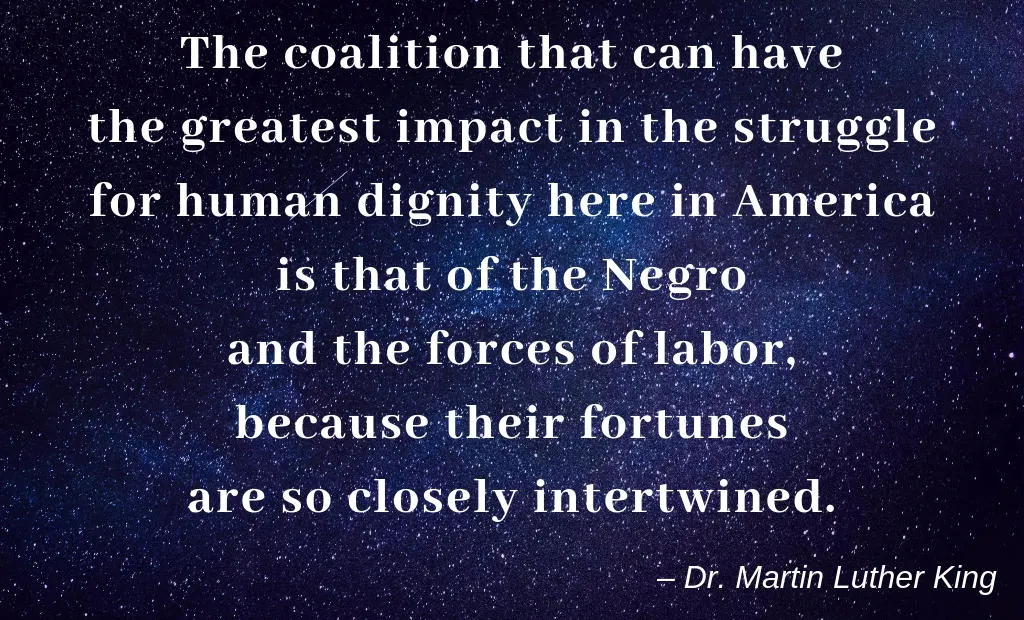Table of Contents
The Godfather is ranked the second-greatest film in American cinema (behind Citizen Kane) by the American Film Institute. The highest-grossing film of 1972, it won Best Picture, Best Actor, and Best Adapted Screenplay at the 45th Academy Awards.
First I saw the movie, and then I read the book. I was shocked by the extent of the Mafia’s criminal enterprises, and by its seeming impunity.
The Mafia operated in most major American cities, but they were most prevalent and powerful in New York City, where the heads of the Five Families comprised the Commission which oversaw their operations. (Charles “Lucky” Luciano first created the Commission in 1931.)
Rudy Giuliani was born on May 28, 1944 in East Flatbush, an Italian-American neighborhood in New York City’s borough of Brooklyn. He was the only child of Helen (née D'Avanzo) and Harold Angelo Giuliani. Both parents were children of Italian immigrants.
Giuliani attended Catholic grade school and high school. At Manhattan College, he majored in political science, and he considered becoming a priest. He gave up on that idea and attended the New York University School of Law in Manhattan. After graduating from law school in 1968, Giuliani clerked for a U. S. District Judge.
Originally a Democrat, Giuliani switched to Independent in 1975, when he was asked to serve as an associate deputy attorney general in the Gerald Ford administration. Then, in December 1980, one month after Ronald Reagan was elected, Giuliani switched from Independent to Republican.
In 1981, Giuliani became associate attorney general in the Reagan administration, the third-highest position in the Department of Justice.
In 1983, Giuliani was appointed U.S. Attorney for the Southern District of New York – the most prestigious prosecutor’s job in America. He successfully prosecuted several high-profile cases, such as Wall Street figures Ivan Boesky and Michael Milken. He also went after drug dealers, organized crime, and government corruption, racking up 4,152 convictions.
Most famously, Giuliani indicted 11 organized crime figures, including the heads of the Five Families, aka the Commission, under the Racketeer Influenced and Corrupt Organizations Act (RICO) on charges including extortion, labor racketeering, and murder for hire.
Fear City: New York vs The Mafia, available on Netflix, is a true crime docuseries about New York City’s Five Families: the Gambino, Colombo, Bonanno, Lucchese, and Genovese crime organizations. It features archived interviews with Rudy Giuliani.
“I always hated the Mafia,” says Giuliani. “They do terrible things to society. Like my grandfathers: One was a barber, the other was a tailor. And the minute they established a little business and made a little money, they’d come in and say, ‘Give us 30 percent.’
“And you say, ‘No, why do I give you 30 percent?’
“‘Cause we’re gonna burn you down if you don’t . . . .’”
The Mafia Commission Trial ran from February 1985 through November 1986. Time magazine called it “the most significant assault on the infrastructure of organized crime since the high command of the Chicago Mafia was swept away in 1943.” Giuliani stated simply, “Our approach is to wipe out the Five Families.”
Paul Castellano, head of the Gambino crime family, and his underboss Thomas Bilotti were murdered on December 16, 1985. The heads of three of the Five Families were sentenced to 100 years in prison on January 13, 1987.
In 1989, after taking down the Commission and crippling the Mafia, Giuliani resigned as U.S. attorney, and ran for mayor of New York City. He lost by just 47,080 votes – the closest election in New York City’s history.
In 1993, Giuliani ran for mayor again, and won.
As mayor, he was famously tough on crime, cracking down on minor offenses such as graffiti, cannabis possession, and panhandling. Crime rates dropped in New York City – but they had started to drop three years earlier under previous mayor David Dinkins. Also, the addition of 7,000 officers to the NYPD, hired by the Dinkins administration, helped lower the NYC crime rate.
In 2000, Mayor Giuliani ran against First Lady Hillary Clinton for a U.S. Senate seat in New York. Diagnosed with prostate cancer, scandalized by an extramarital affair and separation from his wife, and trailing Clinton by 10 points in the polls, Giuliani withdrew from the race in May 2000.
Giuliani’s political career would never recover, but his fame increased enormously after the September 11, 2001, terrorist attacks on the World Trade Center. Time magazine named Giuliani its Person of the Year for 2001. His approval rating jumped to 79% in New York City.
Critics claimed Giuliani made himself out to be a hero after the terrorist attacks for political and financial gain. After leaving the mayor’s office, he reportedly earned $11.4 million from speaking fees in a single year.
In 2007, Giuliani announced on the Larry King Live TV show that he was running for president. Throughout most of 2007, he was the leader in most nationwide polls among Republicans. But in late 2007, his presidential campaign was marred by new scandals. After poor showings in the New Hampshire and Florida primaries, he withdrew from the race and campaigned for John McCain.
In 2016, Giuliani endorsed Donald Trump for president. After the election, Giuliani served as President Trump’s advisor and attorney. His dubious duties included urging Ukraine’s president, Volodymyr Zelensky, to investigate the oil company Burisma and Joe Biden’s son, Hunter Biden.
After losing the 2020 election, Trump placed Giuliani in charge of lawsuits related to alleged voter irregularities, telling Giuliani to “go wild” and “do anything you want” to overturn the election results. Giuliani and other Trump attorneys made numerous false claims about rigged voting machines and polling place fraud.
Due to making “demonstrably false and misleading statements to courts, lawmakers, and the public,” Giuliani’s law license was suspended in New York and Washington, D.C.
And, as a result of his allegations that Dominion and Smartmatic voting machines were rigged, Dominion filed a defamation lawsuit against Giuliani for $1.3 billion. Smartmatic filed a $2.7 billion lawsuit against Giuliani, Fox News, some hosts at Fox News, and Sidney Powell.
(Giuliani has countersued Smartmatic, claiming that the voting machine company’s defamation lawsuit interfered with his constitutional right to speak freely on public issues.)
In the 2020 Sacha Baron Cohen film, Borat Subsequent Moviefilm, a then 76-year-old Giuliani is seen reaching into his pants and apparently touching himself while lying on a hotel bed in front of an actress (Maria Bakalova) playing Borat’s daughter, who was posing as a TV journalist.
And who can forget the horrible image of Giuliani’s hair dye meltdown on national TV? I almost felt sorry for poor Rudy.
Oh, how the mighty have fallen – but maybe the apple didn’t fall far from the tree.
His father Harold Giuliani, an often unemployed plumber and bartender, was convicted of felony assault and robbery, and served prison time in Sing Sing. After prison, he worked for his brother-in-law (Rudy’s uncle) in Brooklyn as an enforcer for a mob-affiliated loan sharking and gambling ring.
Giuliani was once asked if he could have been a “wise guy,” a mobster. “Could I have ended up a wise guy?” he asked introspectively. There was a long pause before he finally answered, “Sure, I could have.”
--30--


